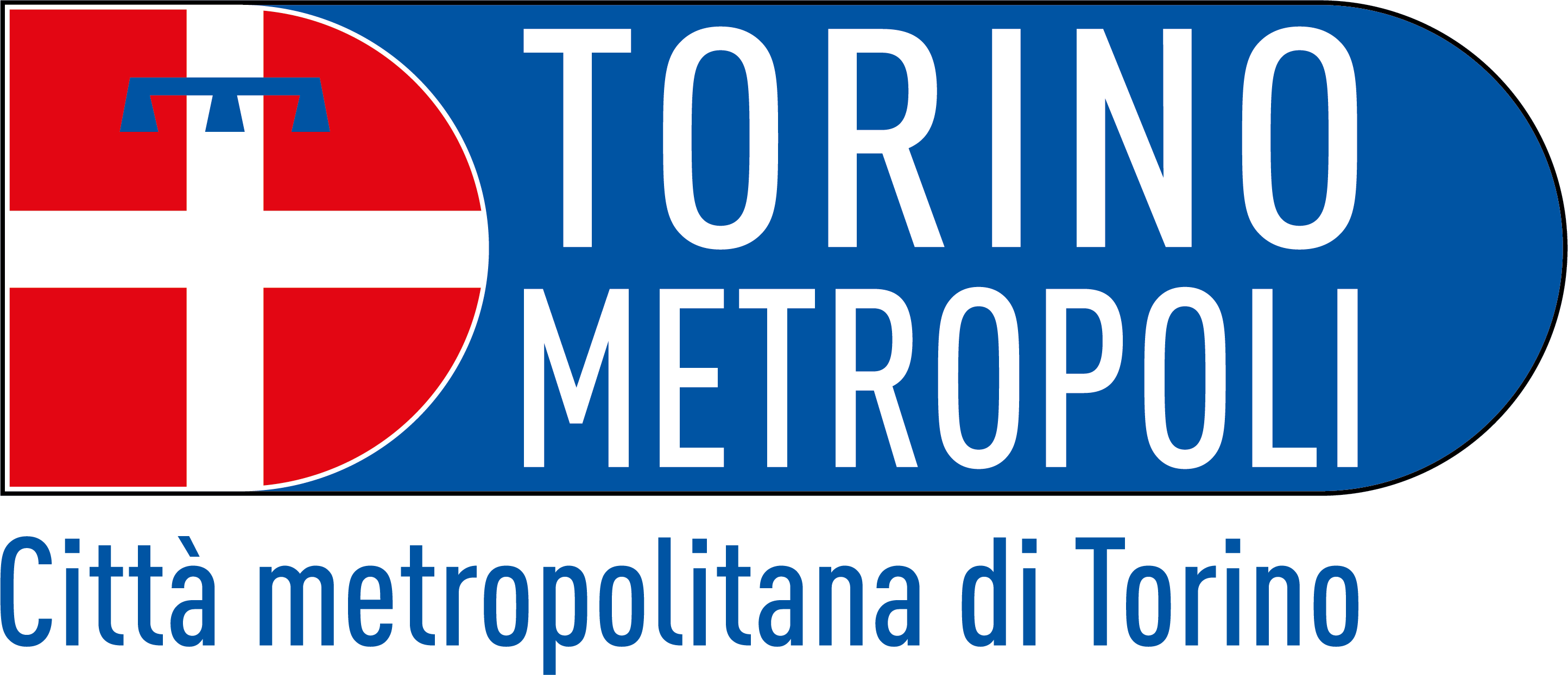The Osservatorio Metropolitano Rifiuti has published the monthly data on municipal waste production and separate collection in the metropolitan area for the year 2022.
It should be noted that the data collected monthly returns a general trend with even substantial deviations from the annual data, which will only be validated in the coming months.
Reading time: 2 min.
The main indicators related to urban waste management and, in particular, total production in 2022 clearly reflect the economic situation and, in particular, the spending capacity of Italian households. The recovery in consumption following the acute phase of the pandemic, expected precisely in 2022, did not occur due in particular to the war in Ukraine and the consequent increase in prices (as well as general uncertainty in the market) of raw materials and therefore of consumer goods.
Overall, in 2022 there was a significant reduction in total output at the metropolitan level (-3.6% compared to 2021), with marked differences in the various territorial areas. The reduction recorded in 2022, in contrast to the previous year's survey, which had instead seen a slight increase overall (+1.6% the Δ 2020-2021), could confirm the trend started in 2018.
The percentage of differentiated waste collection at the metropolitan level will stand at 59.5% in 2022 (remaining static compared to 2021): the amount of waste produced will decrease (-3.6% compared to 2021), in close coherence with the reduction of total production.
As regards the individual separate collections, plastic and glass show a slight increase in the quantities collected, compared to 2021, of +1.1% and +1.6% respectively. On the other hand, the quantities collected of paper and cardboard show a sharp decrease (-6.6% compared to 2021), as does organic waste (-5.5% compared to the previous year). The appreciable reduction in paper and cardboard as well as that of organic waste seems to be linked to a more general contraction in household consumption due to the economic situation and more careful planning of purchases, especially food.
For further information, please refer to the page of the Osservatorio Metropolitano Rifiuti.
Anna Ferrari
Read also:
